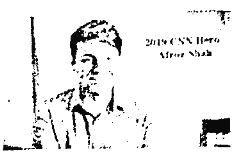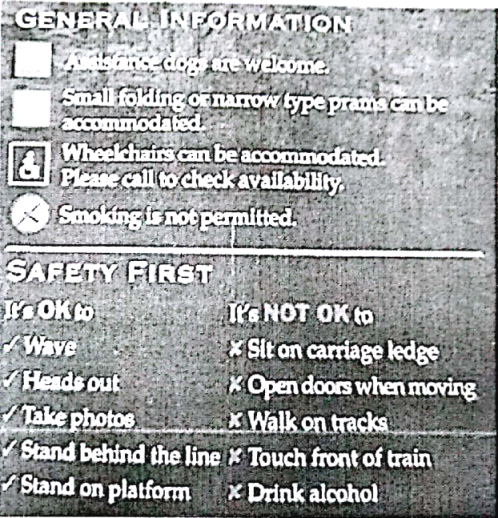0 148569 148577 148583 148587 148593 148595 148599 148605 148607 148613 148619 148623 148625 148629 148635 148637 148643 148647 148649 148653 148655 148659 148661 148663 148664 148665 148667 148668 148669 148671 148673 148677 148679 148683 148685 148689 148695 148697 148703 148707 148709 148713 148719 148725 148727 148733 148737 148739 148745 148749 148755 148763 151629


